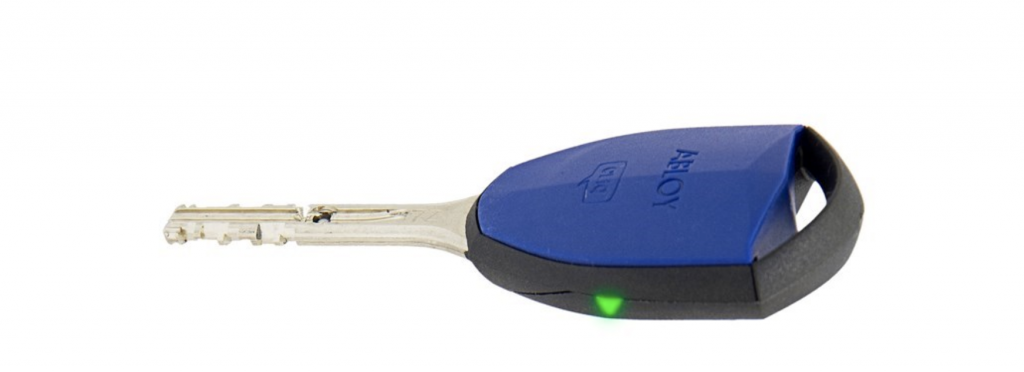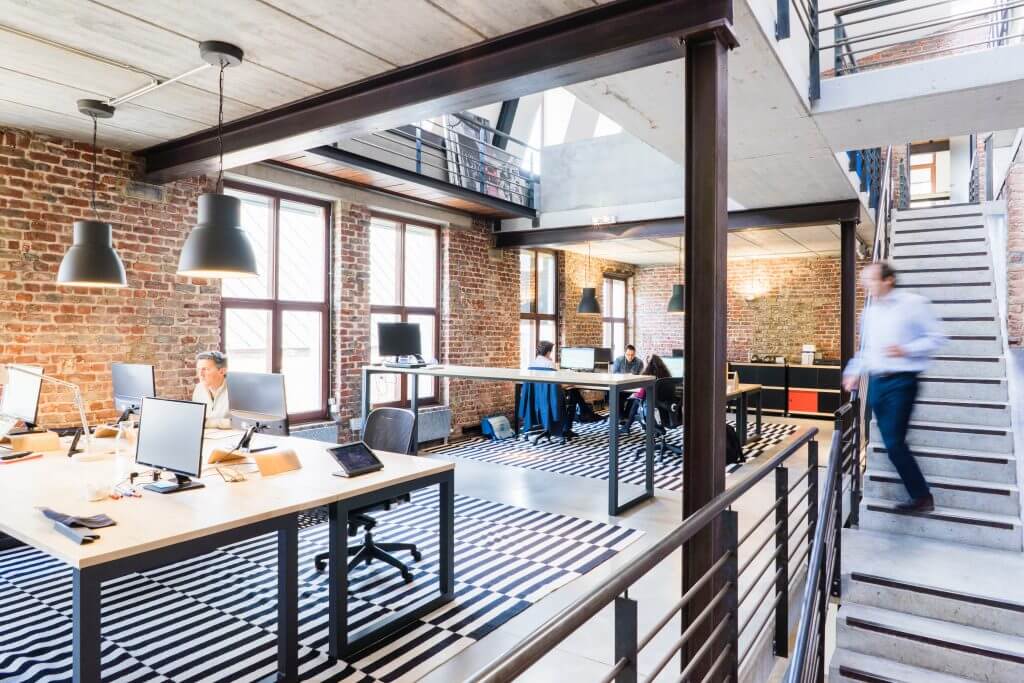When it comes to your business, keeping your premises safe is about more than just protecting against theft.
A serious break in can cause more than just the loss of cash and stock. It can mean thousands of dollars worth of damage and loss of income resulting from having to close down.
So it’s clear that business security is about more than just ensuring you lock the front door when you leave for the day. To keep your business safe and operational, there are various things you can do.

1. Carry out a risk assessment
While you might know your business operations back to front, it’s likely that you don’t know all the security holes in your current processes. A risk and security assessment will point out the possible gaps and provide recommendations on how you can strengthen your business.
You might consider consulting with both a security risk assessor – who’ll help you identify steps in your process that might leave you at risk – along with a licensed locksmith who can identify the physical gaps in your security.
2. Secure the building
Once you have an understanding of the security requirements of your business, it’s time to secure the building. Ensure you have adequate security at all the access points to your premises.
Just as with home burglaries, most business break-ins are ones of opportunity, rather than planning. Install lighting around your building, have strong locks on the front and back doors and put security grills or locks on external windows.
3. Train staff in security processes
The most crucial aspect in maintaining your business’ security is ensuring your staff are trained in your processes and know what to do in the event something goes wrong.
Train them in your opening and closing procedures, what to do in the event of a robbery and how to recognise security breaches. You should also empower them to speak up if something isn’t right or they’ve identified a better way of doing things. Your staff is your business’ greatest assets – treat them as such.
4. Secure your offsite equipment
If you use tools and equipment off site for your business, it’s important that they are just as secure when they are at a job site or on the way. If you carry expensive equipment, ensure it is tied down or locked securely in a tray or van. Train staff in your processes to ensure, for example, that keys are never left in vehicles. And avoid leaving tools and equipment in a ute or van overnight, unless it is also secured on your property.
5. Undertake regular stock takes
You conduct an annual stock take for tax purposes, but there are good reasons for conducting a stock take more frequently. For one, it reduces the burden by spacing out the task through the year.
But it’s also a good way to catch discrepancies early on. If you identify stock loss, you can then work on finding ways to stop it – whether that means more in-store security or better stock-level-tracking.

